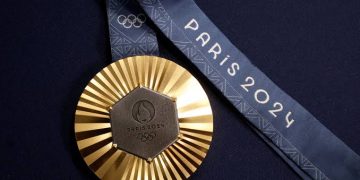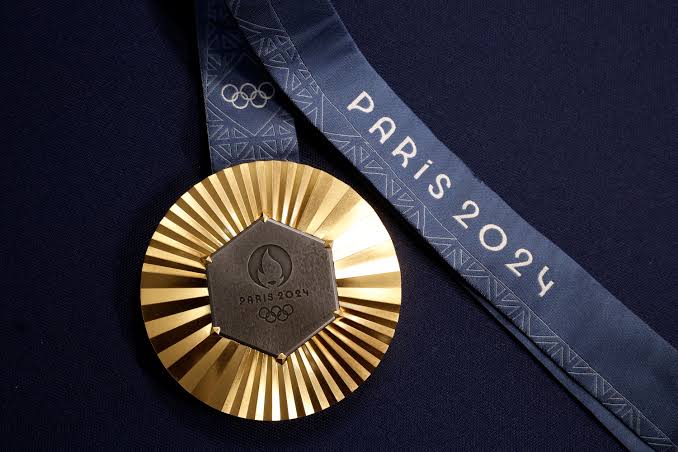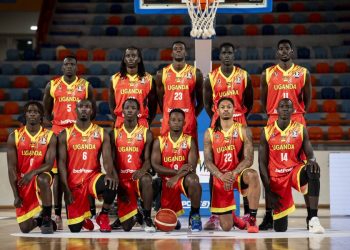On Friday, August 2, Ugandan athlete Joshua Cheptegei made history by winning the 10,000-meter men’s final at the 2024 Paris Olympics.
This monumental victory earned him the first medal for Uganda at this year’s Olympics and a gold medal prize money of UGX 100 million ($27,000) from the government.
The government of Uganda, through State Minister for Sports Peter Ogwang, announced on July 31 that gold medalists at the Paris 2024 Olympics would receive UGX 100 million, silver medalists UGX 50 million ($13,500), and bronze medalists UGX 30 million ($8,000).
While Uganda’s financial reward for Olympic winners is notable, other countries offer significantly higher prize money for their medal-winning athletes. But which countries are those?
Leading the pack, Hong Kong rewards its Olympic athletes with a staggering $768,500 for a gold medal, $384,000 for silver, and $192,000 for bronze.
Team sports receive even higher rewards, with over $1.5 million for first place and substantial prizes for lower placements.
This generosity can be attributed to the Asian country’s rare medal wins at the Olympics, making each victory highly celebrated and richly rewarded.
The country is being represented at the Paris 2024 Summer Olympics by 34 athletes in 12 sports disciplines, and has already won a total of 4 medals so far; 2 Gold and 2 Bronze.
Closely following Hong Hong is Singapore, which offers $737,000 for individual gold medal winners, with team sports winners receiving approximately $1.5 million.
Silver and bronze medalists earn 50% and 25% of the gold medal amount, respectively.
Singapore’s only gold medalist to date, swimmer Joseph Schooling, won the 100m butterfly at the 2016 Olympics and hasn’t yet won any medals at this year’s Olympics. It’s being represented by 23 athletes.
Taiwan, which competes under the name “Chinese Taipei,” provides its athletes with $720,000 for a gold medal, $252,000 for silver, and $180,000 for bronze.
Additionally, Taiwanese Olympic champions receive a one-time payment of $600,000 and a lifetime monthly stipend of $4,000, reflecting the nation’s dedication to supporting its athletes both immediately and in the long term.
The Asian country is being represented by 60 athletes at this year’s Olympics and has so far won 1 Gold and 3 Bronze medals, making a total of 4.
Other countries that offer impressive rewards for their Olympic champions are also mainly found in Asia and include Indonesia, Kazakhstan, Malaysia, the Philippines and Thailand.
From other continents, Morocco, Italy, Hungary, Kosovo, Estonia, and Egypt all provide six-figure rewards for gold medals, ranging from $112,000 to $365,000.
In some cases, athletes receive rewards from both the government and national sports organizations, as seen in India, where the government pays 7.5 million rupees ($90,000) to gold medalists, while the Indian Olympic Association offers an additional 10 million rupees ($120,000).
Conversely, some countries offer smaller prize money but have a large number of winners, resulting in substantial total payments.
The United States, for example, offers $37,500 for a gold medal, $22,500 for a silver, and $15,000 for a bronze.
Despite the modest amounts, American athletes can receive significant bonuses from national sports organisations.
So far, the United States has won a total of 75 medals at the Paris 2024 Olympics, including 19 Gold, 29 Silver and 27 Bronze.
In contrast, the governments of the United Kingdom, New Zealand, Norway, and Sweden traditionally do not pay their winners.
Athletes in these countries rely on sponsorships for their earnings, while governments, NOCs, and local federations cover training, coaching, and staff salaries.





























